Table of Contents
Quality Service Guarantee Or Painting Free

Get a rental agreement with doorstep delivery

Find the BEST deals and get unbelievable DISCOUNTS directly from builders!

5-Star rated painters, premium paints and services at the BEST PRICES!
Loved what you read? Share it with others!
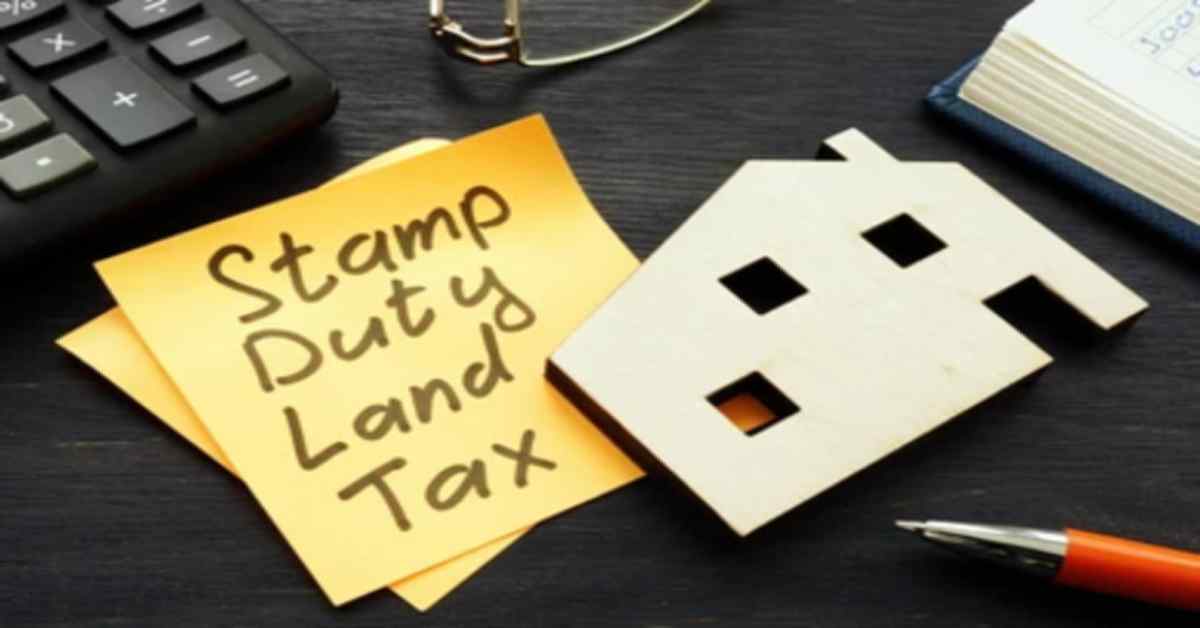

Submit the Form to Unlock the Best Deals Today
Help us assist you better
Check Your Eligibility Instantly

Experience The NoBrokerHood Difference!
Set up a demo for the entire community
Stamp Duty and Taxation on Property Exchange in India
Table of Contents
Buying and selling property comes with several tax obligations that both parties must meet; otherwise, such transactions may be against the law. According to section 118 of the Transfer of Property Act, 1882, a transaction is referred to as an "exchange" when two persons trade the ownership of one object for another, whether one of the items is just money or both. Only the method specified for the transfer of such property by sale may be used to transfer property upon completion of the exchange. When two people trade ownership of one thing for another, without either or both of the transferred items containing any cash, the transaction is referred to as an exchange. Each party receives property in which it had no prior interest through this transaction. Each party to the exchange has the privileges and is subject to the seller's liability concerning what he gives and the buyer's rights and liabilities with respect to what he takes. For the exchange to be valid, the property must be physically delivered to the parties.
Principles of Exchange of Property
A minimum of two parties and two properties, one of which is owned by each of them;
The exchange of these properties must be reciprocal, i.e., A must transfer his property to B while B must transfer his property to A. Movable or immovable property may be substituted for one another.
Quality Service Guarantee Or Painting Free

Get a rental agreement with doorstep delivery

Find the BEST deals and get unbelievable DISCOUNTS directly from builders!

5-Star rated painters, premium paints and services at the BEST PRICES!
Nothing else should be taken into account besides these characteristics. When two-person trade possessions of one thing for another, without either or both of the transferred items containing any cash, the transaction is referred to as an exchange. Each party receives properties with no prior interest through this transaction. Each party to the return has the privileges and is subordinate to the seller's liability concerning what he gives and the buyer's rights and liabilities with respect to what he takes. For the exchange to be valid, the property must be physically delivered to the parties.
Mutual Understanding and Interaction
The word "mutually" means that both parties are the same and that there must be an exchange of two items. For example, A sells his property to B, and B sells his own property as collateral for A. This is not exchanged if the transfer comes from one party's hand. A transfer from a spouse to a wife is not a trade for the purposes of the discharge of her support claim because the woman does not surrender the ownership of something. Like the previous example, an exchange does not occur when two objects are not mutually exchanged but when one edict is offset against the other, and the property acquisition makes up the difference.
What Exactly is a Property Exchange Contract?
Property exchange means an agreement between two parties to exchange particular assets known as a property exchange agreement. An agreement for a property exchange makes it easier to transfer ownership of assets.
Any asset can be transferred via this type of agreement, including real estate, intellectual property, stocks, and bonds. Although they are frequently employed in corporate transactions, property exchange agreements can also be utilised in private transactions.
Stamp Duty and Property Exchange Taxes
The selling consideration is typically paid in cash when buying a property. But it's not required that the payment for the purchase of property always entails cash. Depending on how much space you need and other factors like cost, you could wish to relocate to a bigger or smaller location. The law governing property permits the exchange of one property for another. The exchange of one residential location for another is not always essential. You can also trade in one business property for another, be it a piece of land, a building still under construction, a commercial property, or a residential property. If the values of the two assets differ, monetary payment may address the discrepancy.
Understanding what is Stamp Duty
The government can recover the tax by charging stamp duty. As the legal owner of a property that is ultimately Indian land, a party must pay this stamp duty or tax while registering any document. The cost to update government records is known as the "party fee," which includes paying the expert who handles these chores.
The location of the land, building, flat, or any other immovable asset, as well as the state in which the property is situated, can affect how much stamp duty you must pay. The value for stamp duty is taken as the property with the higher market value. Stamp duty is 3% of the property exchange value in case of any real property given to a family member. If someone other than a family member transfers the property, the stamp duty would be 5 percent in that situation. Many different forms of transactions, including conveying deeds, sales deeds, and power of attorney documents, are subject to the stamp duty levy.
After paying stamp duty, a person can only pick up the property-related paperwork. Since stamp duty is calculated as a proportion of the property's cost, it fluctuates according to its assessed value and kind. Further comparisons are made between the quantity obtained and the current circle rate. The ultimate sum of stamp duty is computed based on the higher value.
Impact of Stamp Duty on Property Exchange
When selling a property, it's crucial to start an exchange of a sale deed or sale agreement, which must be marked with the rate that applies to the property's market value.
However, as an exchange transaction is entirely different from a sale transaction, an exchange document is necessary to make a property exchange. Another option is to start two distinct sale deeds, although in that case, stamp duty would have to be paid on both contracts because each state has a unique set of laws; it is crucial to confirm that you are following those rules. For stamp duty on property exchange, the properties with larger market value are considered to have the higher value. For instance, if you trade your smaller apartment for a larger one within the same building, stamp duty will be due on the greater apartment's market value.
The two parties must agree on the price of the stamp duty for it to be paid. If the parties to a sale deed cannot agree, the buyer is responsible for paying stamp duty. In contrast, in the case of an exchange of transfer of property act, the issue must be settled amicably between the parties.
The exchange deed must be recorded with the offices of the registrar of assurance because it purports to transfer immovable property rights in pursuance of Section 54 of the exchange under the Transfer of Property Act.
Immovable property exchanges have income tax repercussions. Any gain or loss will be deemed long-term if the property is swapped over a term longer than 24 months. Similarly, any profit or loss earned during the exchange's acquisition of property under transfer of act will be regarded as short-term if the term is less than 24 months. It is possible that neither party did not add additional value to the property other than the difference in price when drafting the exchange document. Knowing your property's market value as determined by stamp duty and comparing it to the amount it was initially purchased will help you calculate capital gains in these situations.
The Essentials for an Exchange of Property Deed
When property owners desire to trade ownership of their property with another to take possession of it, they establish a deed of exchange. A deed of exchange will be used to carry out such a transfer. By executing a deed of exchange, parties can swap money and other assets in addition to immovable property. The transaction will not qualify as an exchange and will constitute a sale if one party pays money for something that is not money.
What is Recorded in an Exchange of Property Deeds?
In an exchange of property deed, the following is noted:
●The exchange's date
●Names and addresses of the persons involved in the exchange of the property.
●Details on the property, including its location, surroundings, and other details.
●An exchange is a statement that refers to a real estate transaction.
●Signature of the parties and the witnesses are included.
●The registration cost or stamp duty will be charged during the property exchange.
Registering in Delhi for a Property Exchange Deed
The methods listed below can be used to apply for a property exchange deed in Delhi online:
1. Select the "Deed Writer" option on the Delhi Online Registration Information System website.
2. From the drop-down list, select the exchange property option.
3. The calculation and presentation of the appropriate stamp duty for the transaction on your screen.
4. Pay the stamp duty by visiting the Stock Holding Corporation of India website.
5. After making a payment, download the payment receipt.
Once your money has been accepted, you must schedule a meeting with the revenue department's Sub Registrar. Follow these steps to accomplish this:
1. Visit the Delhi Revenue Department website.
2. Choose your SRO, area, and district names.
3. The stamp number on your payment receipt must be filled out.
4. Pick a time and date that work for the appointment.
5. Once the procedure is complete, an SMS notification will be sent to you confirming the appointment.
This is how the procedure works for the registration in Delhi for property exchange deeds.
Income Tax Consequences of Property Exchange
Income tax issues arise with immovable property exchanges under act notes as well. Any profit or loss realised on the exchange of a property after it has been held for longer than 24 months will be considered long-term. The profit or loss will be short-term if the exchange of property is made less than 24 months after its acquisition. There may also be swaps where neither party assigns any value to the item, and the exchange deed specifies the difference in value. In these circumstances, you must determine your property's market worth according to the stamp duty ready reckoner and contrast it with the price you paid to calculate any capital gains on exchange of property.
A residential property exchange qualifies for the exemption under Section 54. There won't be any tax responsibilities for the proprietor of the lower value apartment who is trading it for a higher value one. The smaller flat will not be subject to taxes if you buy it and its market worth is at least equivalent to the indexed long-term profits calculated above on the larger flat. However, suppose the market price is less than the indexed long-term capital gains. In that case, the difference between the sale and exchange under Transfer of Property Act is that in a sale, the consideration is the price that has been paid, promised, or partially paid; in exchange, the consideration is the transfer of one asset in exchange for another.
It is abundantly evident from the discussion above that while exchanging one property for another does not result in a particular tax benefit, doing so through an exchange deed may result in a saving on stamp duty.
The explanation given above provides a thorough understanding of stamp duty and taxation on property exchange. Easing one property for another does not result in any unique tax benefits; however, using an exchange deed can result in savings on stamp duty. Each partner in a money exchange guarantees the veracity of the money he has given. Money of the same or various denominations or other currencies can be exchanged for additional cash. Money in this context refers to both coins and banknotes. If you need legal and financial help or wish to consult property exchange experts, you must consult the experts at NoBroker. If interested, please comment below this blog, our executive will be in touch with you soon.

FAQ's
Yes, every property purchased legally comes with a standard stamp duty charge as per the state laws.
No, the stamp duty on the property can differ from state to state.
The properties used in exchange might be either moveable or immovable. A transportable asset can be transferred in exchange for an immovable asset and vice versa.
The stamp duty on property in Maharashtra ranges between 6% to 7% of the entire property value.
No, in some Indian states, the stamp duty is lower for women property buyers.
Recommended Reading

Tambaram Corporation Property Tax Tamil Nadu: Online Payment and Bill Download 2025
January 9, 2025
5939+ views
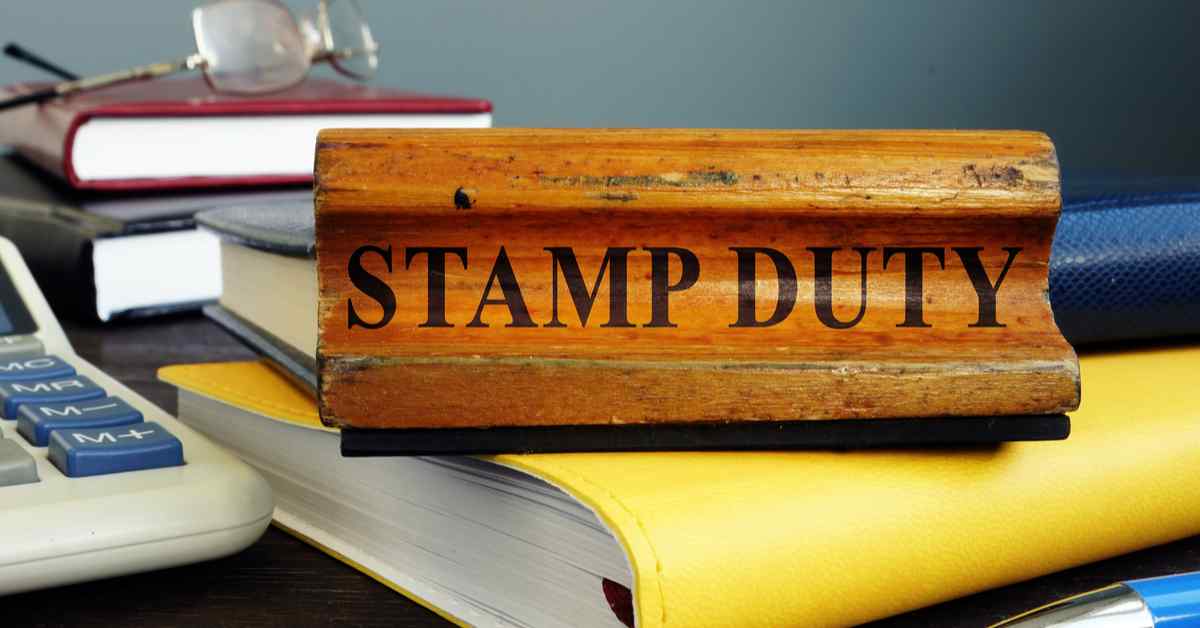
A Detailed Guide on Stamp Duty and Property Registration Charges in Haryana
December 31, 2024
10284+ views
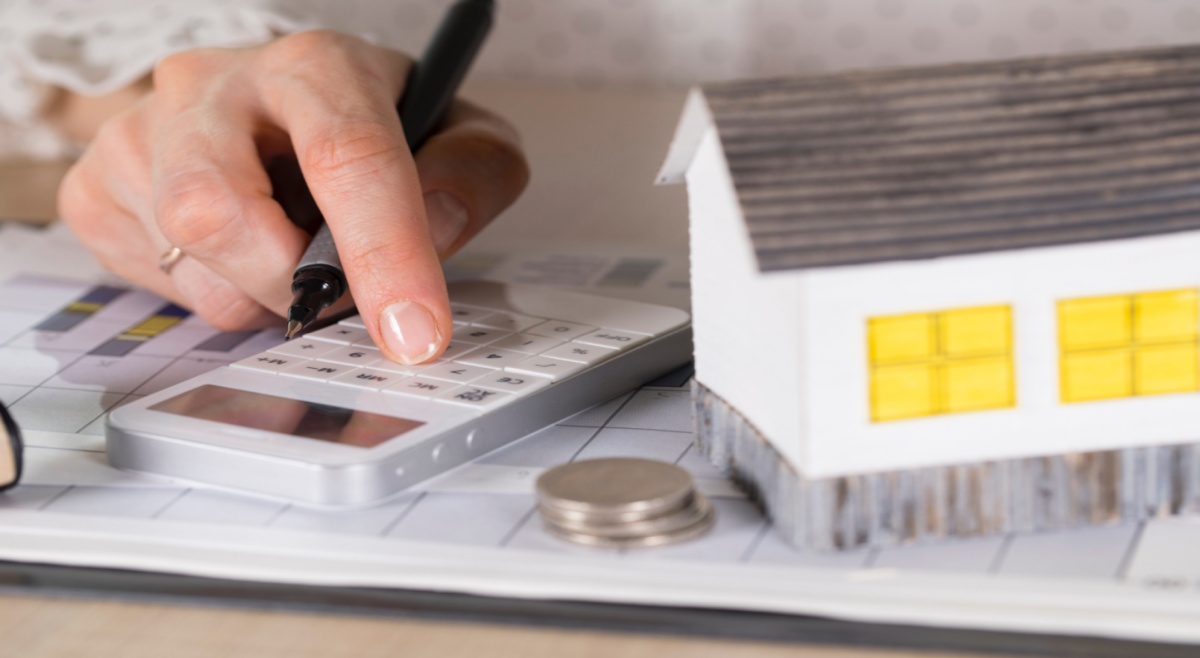
Capital Gains Tax on Inherited Property: Rules, Rates & Exemptions in 2025
December 31, 2024
164+ views

PCMC Property Tax Online: Download E-Receipt, Name Change, Rebate and More
December 30, 2024
8474+ views
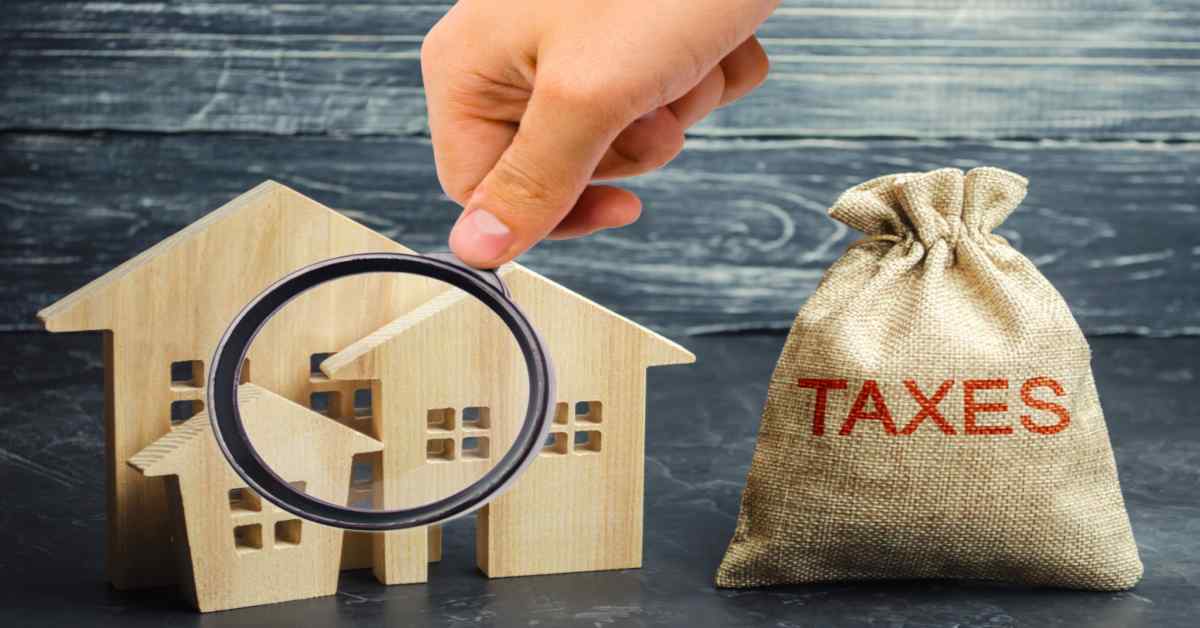
KMC Property Tax Payment: A Step-by-Step Walkthrough
December 30, 2024
6126+ views
Loved what you read? Share it with others!
Most Viewed Articles

Franking Charges Explained: Meaning and Benefits
December 31, 2024
1004374+ views

December 26, 2024
63170+ views

Supreme Court Verdict on Society Maintenance Charges
December 17, 2024
63013+ views

All You Need to Know about Revenue Stamps
December 17, 2024
51569+ views
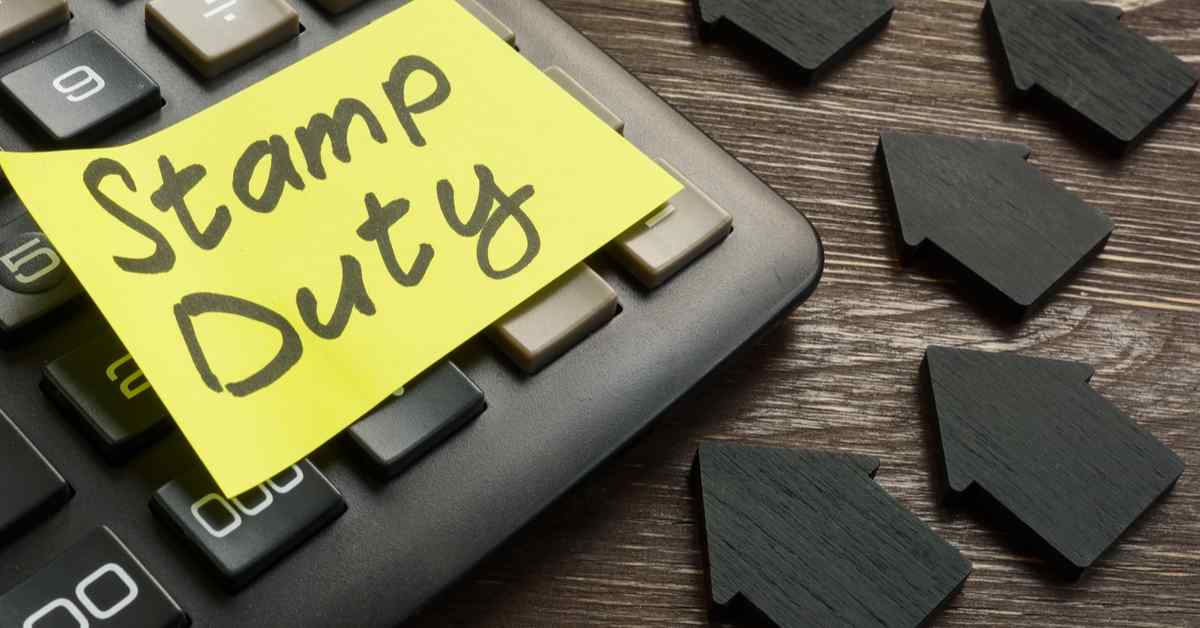
Stamp Duty and Registration Charges in Bangalore in 2025
December 17, 2024
46838+ views
Recent blogs in
How to Apply Encumbrance Certificate in Tamilnadu Online and Offline 2025
January 9, 2025 by Kruthi
Apply Encumbrance Certificate Online and Offline: Update and Download Certificate 2025
January 9, 2025 by Kruthi
Tambaram Corporation Property Tax Tamil Nadu: Online Payment and Bill Download 2025
January 9, 2025 by Suju




Join the conversation!